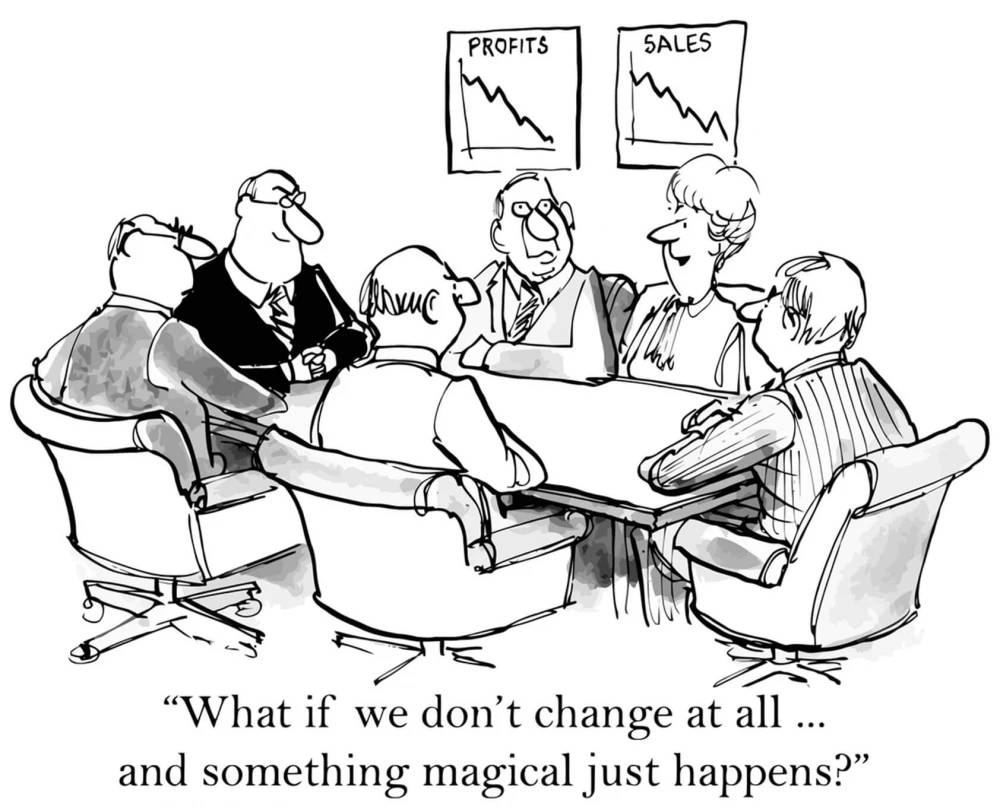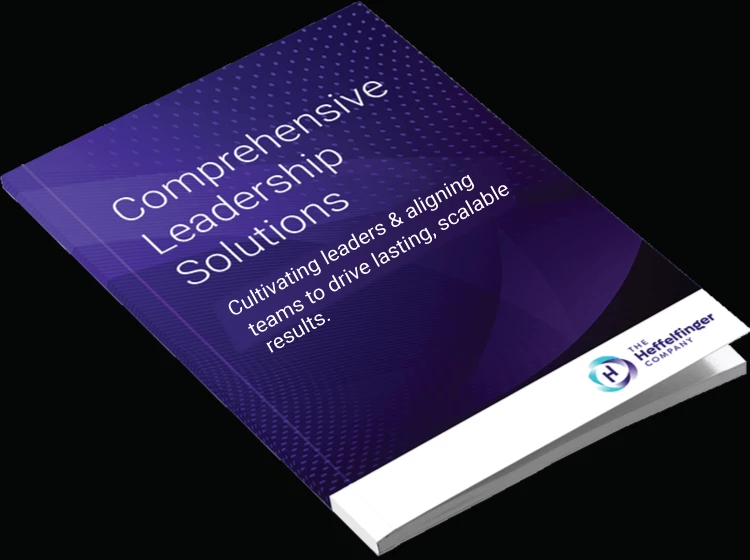Could Generative AI help mediate conflict within your organization?
“My colleagues and I have conducted research indicating that Large Language Models such as ChatGPT can make online conversations more productive, reduce incivility, and increase willingness to have difficult conversations across social divides.” - Chris Bail, Harvard Business Review
Generational conflict in the workplace is pervasive, with tensions running high in both directions. While Gen Z seems to be taking the brunt of complaints about workers these days, with many older managers worrying about young workers’ ability to adapt to the workplace, there is plenty of finger-pointing going around. Baby Boomers often find themselves at odds with Millennials and Generation Z, critiquing their work ethic, values, and reliance on technology. Conversely, younger workers find it hard to work with Boomers, frequently scrutinizing them for their perceived resistance to change and outdated approaches.
Generation X – who now occupy a growing number of leadership positions - tends to navigate these conflicts by prioritizing work over engagement in generational clashes.
As Boomers gradually retire, a shift in workplace dynamics is becoming more apparent, possibly influenced by the increasing diversity of younger generations. This evolution may introduce a social justice aspect to generational conflict as younger cohorts advocate for more inclusive and equitable workplaces reflective of their diverse backgrounds and values.
How Does Generational Conflict Harm Organizations?
Generational conflict can detrimentally impact organizations by hindering productivity, stifling innovation, and eroding employee morale. When different age groups within a workforce clash over values, communication styles, and work preferences, it can lead to tension, decreased collaboration, and impaired decision-making processes. Moreover, unresolved conflicts may escalate, increasing turnover rates and losing talent. Ultimately, this can hamper organizational effectiveness and competitiveness in an increasingly diverse and dynamic business landscape.
What is at the Root of Generational Conflict in the Workplace?
Generational conflict in the workplace often stems from disparities in values, communication styles, work habits, and expectations among different age groups. These conflicts can arise from various factors:
How to Overcome Generational Conflict in the Workplace
Fostering awareness, empathy, and open communication is crucial for addressing generational conflict. Employers can implement strategies such as mentoring programs, diversity training, flexible work arrangements, and cross-generational teamwork to promote collaboration and harmony among employees of different generations. Here are some strategies to consider:
Promote Open Communication: Encourage transparent and open communication channels where employees feel comfortable discussing their perspectives, concerns, and experiences. Provide platforms for constructive dialogue and feedback exchange to address misunderstandings and bridge generational divides.
Offer Intergenerational Training: Provide training sessions or workshops focused on generational diversity and inclusion. These sessions can help raise awareness of generational differences, enhance empathy, and equip employees with skills to navigate intergenerational interactions effectively.
Facilitate Cross-Generational Mentorship: Establish mentorship programs that pair employees from different generations. Encourage mentorship relationships where both parties can learn from each other, share insights, and gain valuable perspectives on work-related issues and career development.
Create Collaborative Projects: Foster collaboration among employees of different age groups by assigning them to cross-generational teams or projects. Working together toward common goals encourages mutual respect, appreciation for diverse perspectives, and the sharing of knowledge and skills.
Focus on Shared Goals and Values: Emphasize shared organizational goals and values that transcend generational differences. Reinforce a sense of unity and common purpose among employees, highlighting how their diverse perspectives contribute to the organization's success.
Flexible Work Policies: Implement flexible work arrangements that accommodate the varying needs and preferences of employees across different generations. Offer options such as flexible scheduling, telecommuting, or compressed workweeks to promote work-life balance and accommodate different lifestyles.
Lead by Example: Leadership plays a crucial role in setting the tone for inclusivity and collaboration in the workplace. Leaders should model respectful and inclusive behavior, actively listen to employees from all generations, and demonstrate a commitment to fostering a positive and supportive work environment.
Address Bias and Stereotypes: Raise awareness of unconscious bias and stereotypes that may contribute to generational conflict. Provide training to help employees recognize and challenge biases, fostering a culture of inclusivity and respect for individuals of all ages.
Encourage Continuous Learning: Promote a culture of continuous learning and professional development that encourages employees of all generations to acquire new skills, adapt to changing technologies, and stay relevant in their respective roles.
Regularly Evaluate and Adjust Strategies: Monitor the effectiveness of initiatives aimed at overcoming generational conflict and be willing to adapt strategies based on feedback and evolving dynamics within the organization.
By implementing these strategies, organizations can create a more harmonious and inclusive workplace where employees of different generations can collaborate effectively toward shared goals, driving organizational success and innovation.
We Can Help You Build Cross-Generational Trust Within Your Organization
As business coaches, we help organizations reduce conflict and enhance collaboration and efficiency, including among team members from different generations. We facilitate workshops and training sessions focused on fostering trust among team members from different generations that help them to bridge communication barriers, learn how to resolve conflicts, promote collaboration, and improve efficiency.
Together, we can help your organization solve complex challenges and unlock the full potential of your multigenerational workforce. Through targeted interventions, tailored support, and ongoing guidance, we foster a culture of trust, collaboration, and continuous improvement that drives positive outcomes and long-term success. Ask us more about how we can help overcome generational conflict in your workplace.
Warmly,
Lori & James
Lori Heffelfinger & James Jackman
Sources:
Suzanne Blake. Gen Z Is Struggling to Work With Boomers. 2/16/2024. https://www.newsweek.com/gen-z-struggles-work-baby-boomers-1870821. Accessed 3/29/2024.
Charlotte Hughes. Attracting Gen Z Talent: Younger Workers Expect Equity & Inclusivity. https://www.linkedin.com/pulse/attracting-gen-z-talent-younger-workers-expect-equity-charlotte/. Accessed 3/29/2024.
Chris Bail. GenAI Could Make Online Conversations More Civil. 3/20/2024. https://hbr.org/2024/03/genai-could-make-online-conversations-more-civil. Accessed 3/29/2024.
Ryan Jenkins. This Is How Generation Z Employees Want Feedback. 6/25/2019. https://www.inc.com/ryan-jenkins/this-is-how-generation-z-employees-want-feedback.html.
Accessed 3/29/2024.







